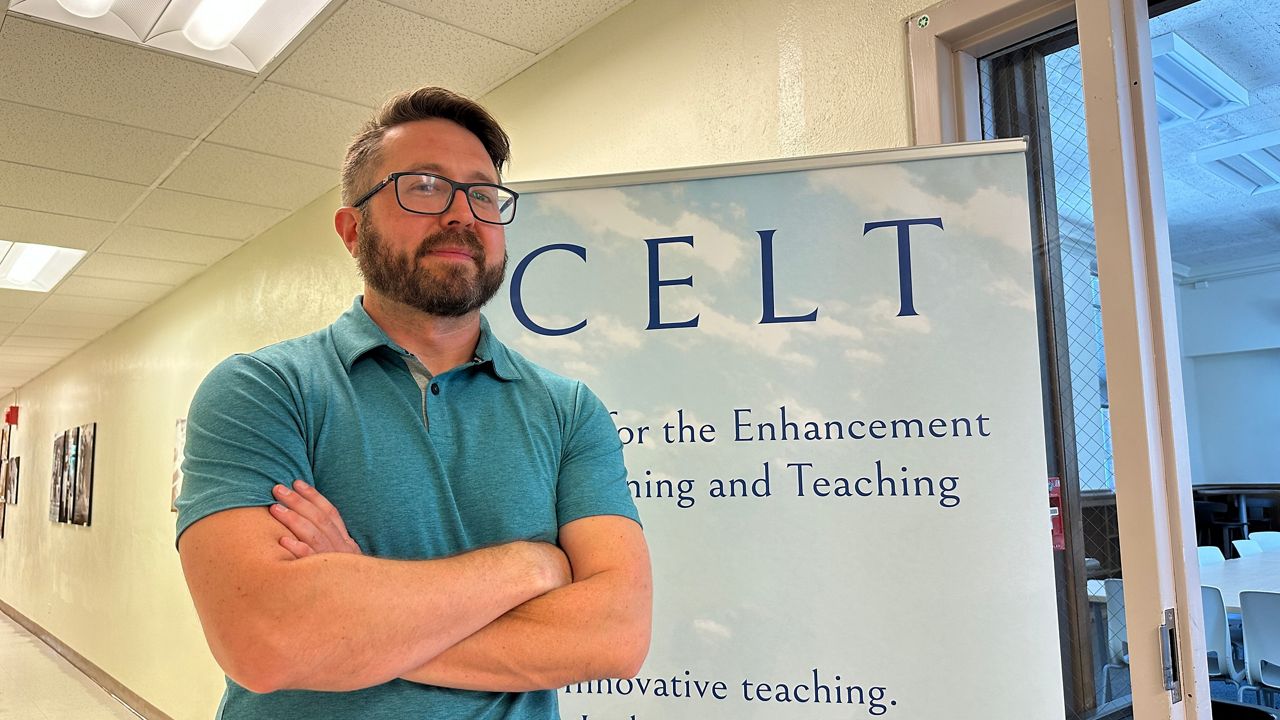LEXINGTON, Ky. — The University of Kentucky is forming new guidelines for generative artificial intelligence tools for students this semester.
University of Kentucky law student, Jack Grund is in his final year of school and says while new technology like ChatGPT is making its way across campus, it’s not his preferred method to study.
He knows other students are using it for problem-solving.
“I already saw its impact. I have a class that I just started yesterday where the professor already says we’re not doing any papers because I don’t want to grade stuff written by ChatGPT,” Grund said.
ChatGPT uses databases of digital texts and uses artificial intelligence to generate written responses to user prompts. It can solve practical calculus equations, write term papers, and translate other languages.
Tech start-up, Open AI, introduced ChatGPT last November and since then educators have complained about who exactly is completing their assignments—the student or the high-tech chatbot.

Teachers in different curriculums at UK make up the Advance Team. They are focusing on proper and fair use of the technology. According to the guidelines, instructors will have four options on how to adapt to the new technology, including “no use” and or “free use in all cases” of the AI applications.
Conaster says while the devices help interpret vast amounts of information, it’s up to the student on how they choose to use it.
“Creativity is the user’s ability to interact with the tool, in ways that we know are responsible for bringing in the range of possibilities to be used in the service of learning,” said Conatser.
He added, the school is aware of the risks of plagiarism and copyright issues, but hopes to build a path for AI advancements with current guidelines closely watched and adjusted as software grows or changes.



